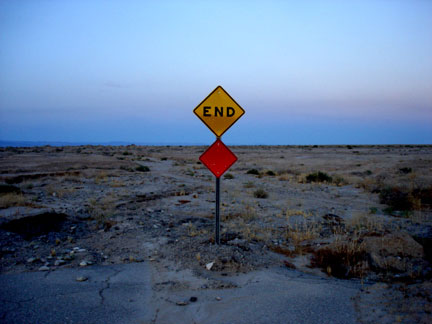How Do We Know What We Know
What does the concept "paramount reality of everyday life" mean? Does this concept have anything to do with those matters which we handle in business and other real life organizations? Well, a too short answer would be that it is theoretical concept and we in practice can manage nicely without thinking these kind of issues and realities any further. This stance is certainly possible, but please bear with me for a while. I propose that it could be very valuable for all of us in every organization to pause to reflect and to examine how we know what we know.
The paramount reality of everyday life means that it is typical for us to think that we see and understand how things are. Somehow things are self evident to us. Certainly, we know that there are a lot of issues which we do not know and we are fully aware that there are all kind of matters which are totally out of our reach, eg. some technological issues and such matters. And yet, at the same time we seem to possess a very peculiar certainty - we know how things are, at least how the most relevant things are.
Perhaps in that respect very little has changed. Have you, for instance, seen a person to buy a latest tabloid from a supermarket? There is no lack of certainty. He has seen, partly through his earlier readings, what is really happening in this world and what celebrities are doing and all that. He also seems to know without hesitation what kind of issues merit his attention. Yes, this is his free time and time to unwind, I grant that all. And being by myself a person who runs up and down different hills during free time I have very little gravitas to assess anyones's free time activities. Nevertheless, you may admit that we have some point here.
Just a few days ago I had pleasure to say few words to an esteemed eMBA delegation from Iceland. At some point in presentation I showed almost a similar picture as below: the end of the (typical)road. Could we claim that the eMBA studies are the end of a typical everyday attitude where we think without thinking what we think? Could it be that eMBA studies on their part give tools to decide to think what you think?

There are at leat two aspects of our thinking which we could reflect. Firstly, we could analyze how we build our tinking every day by focusing on certain issues and by leaving some other matters in the shadow. We could examine how we do that indivudually and how we construct our thinking in organizations. In very practical terms, what are the issues we talk (and even think) in our meetings? How people learn to know what is important in our organizations? How we, by ourselves, have learned to think which issues are most important - are those issues still most crucial, do they merit to get our attention?
Secondly, we must value our thinking as most precious resourse. It is a resource which must be used very wisely. Here, David Rock and his fabulous book, Your Brain at Work, tells this message extremely powefully.
In sum, we may become much better in understanding how we know what we know. That understanding can be immensely valuable - also in practice.
***
This blog builds on phenomenolocal and ethnometodological thinking and I am most greatful to several authhors and thinkers who have explored the world from this perspective. For further reading please study thinkers like: Alfred Schutz and Harold Garfinkel.
No comments:
Post a Comment